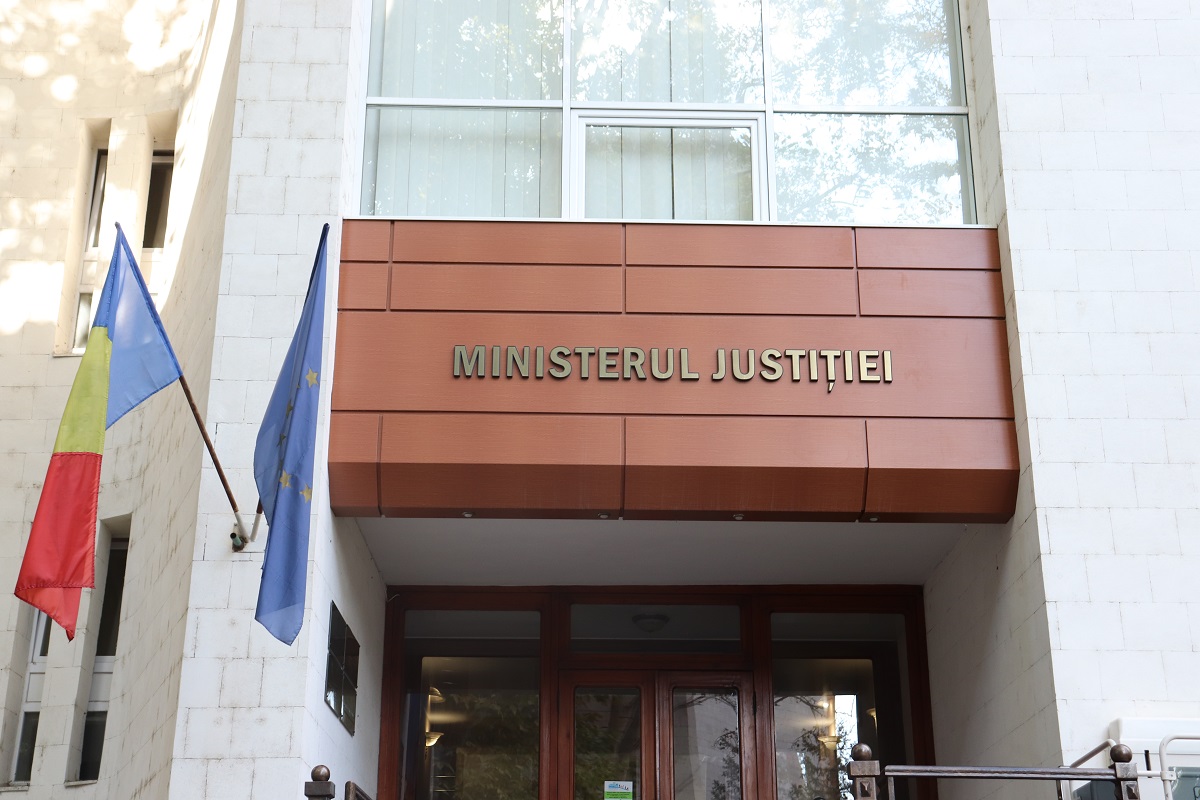The New Draft Law on Access to Information Is at the Consultation Stage. Provisions and Objections

In 2023, the Parliament of the Republic of Moldova could adopt a new law on access to information of public interest. At the moment, the draft is at the stage of approval, according to the representatives of the Ministry of Justice. Some experts consider that, though a new document to regulate the sphere was required, the current version of the text contains several loopholes.
Preparing a new draft law on access to information started within a group established by the Ministry of Justice in early 2022. According to the informative note, the document was to be adopted after the Council of Europe Convention on Access to Official Documents (also known as the Tromsø Convention) ratified by the Republic of Moldova in 2013 entered into force on December 1, 2020. Besides, the objective represents an action expressly stipulated in the implementation plan offered by the European Commission in its opinion on the request regarding the accession of the Republic of Moldova to the European Union.
The authors affirm that, in spite of the fact that the current law has been amended several times over the years, “it is noticeable that this regulation is conceptually outdated and does not comply with the international regulations and standards on access to official documents. What is even worse, Law No 982/2000 contains deficiencies and regulatory gaps which contradict to efficient compliance with the constitutional right of access to information of public interest.”
WHAT THE DRAFT LAW CONTAINS
Among other things, the new draft law provides a definition of information of public interest as all the information held by the information providers which are listed precisely. These are public authorities and institutions; state or municipal enterprises; private law legal entities in which the information providers listed above have the status of founders or co-founders or are controlled by the listed information providers, and as private law legal entities which offer public services; professional associations and self-administration authorities related to the professions within the sector of justice; legal executives and notaries; political parties and social political organizations.
The project also stipulates that any natural or legal person shall have the right to access to information of public interest “without any sort of discrimination. (…) the provisions of the Tromsø Convention do not allow establishing preferential legal regimes related to access to information of public interest, i.e. are applicable only to specific categories of subjects (such as journalists or media institutions).” It also includes a list of the ways to access information, the provisions pursuant to which access can be limited, procedures for requests for access to information or rules on personal data, etc. Unlike the document currently in force, the new project includes a chapter on proactive transparency, according to which the authorities shall publish the information on their activity ex officio, on the official web pages. In addition, compliance with a stipulated deadline for publishing and updating this data will be required.
Victor Kalughin from the Department for Drafting Regulatory Acts at the Ministry of Justice has stated for Media Azi that, recently, the first round of approval and public consultation regarding the draft law was held, and after that, the public authorities’ and public associations’ opinions were received. “Soon, the Ministry of Justice will adjust the draft law in compliance with the objections and recommendations submitted and file the draft law for the second round of approval and public consultation. During this procedure, public discussions regarding the draft law with civil society representatives will also be held,” the official explains. The project will be subsequently approved by the Government and registered by the Parliament. In addition, the objective is listed in the activity program of Government headed by Recean.
ADVANTAGES AND OBJECTIONS
According to the Ombudsman’s Office, the law is necessary but requires more adjustments, such as accessibility of information of public interest for persons with disabilities, disadvantaged persons, or linguistic minorities. “The law also has to stipulate exceptional rules in case of charging payments for issuing information on paper to certain applicants: the media, for journalistic investigations, persons unable to pay for some specific reasons (age, disability, etc.). The experience of the pandemic, the declaration of the state of emergency in the territory of the country have revealed the need to include a remark about the fact that declaring the state of emergency, siege, or war in the entire territory of the country, or in specific localities, shall not suspend the action of the Law on Access to Information of Public Interest,” according to the press release from the institution.
Lawyer Tatiana Puiu considers it is an advantage that “the issues related to the authorities’ proactive transparency have been clarified. I mean the clarification regarding the information providers, i.e. a clearer interpretation of all the persons who fall under the scope of access to information reports, and also the clarification regarding the information the providers are supposed to publish proactively.”
On the other hand, she considers that there are gaps related to the method of sanctioning the suppliers providing information verbally. “But what is most important, the issue we have always advocated for is that this law doesn’t contain any formula for journalists’ access to information, specifically, to personal data of public interest. This sort of data is not defined. The authors affirm that the media shouldn’t be regarded as a distinct group, but I can’t agree with this statement. In its current form, the new law is unlikely to improve journalists’ access to information, in particular, the issue related to requests for information,” the representative of Freedom House in Moldova explains.
Andrei Lutenco, program director at the Center for Policies and Reforms (CPR Moldova), lists the method of contesting decisions which limit access to information among the objections, mentioning that the project maintains the mechanism for contesting the information providers’ decisions in courts. According to him, in the other countries, the institution of the information commissioner has proven to be efficient, and it has such an advantage as a simple and professional procedure for contesting the refusal to provide information and permanently monitoring the way in which the authorities respect the right to the information. “In this sense, we believe that the draft law does not comply with the international standards and best practices,” Lutenco affirms.
The other necessary additions listed by CPR Moldova include a more detailed regulation of the way and formats the authorities should use in order to publish the information proactively; including not only the right to access the information, but also the right to reuse/publish it, and the authorities’ obligation to produce, register, and keep the information; prohibiting secrecy of information on massive or serious breaches of human rights and freedoms, regardless of intended purposes.



